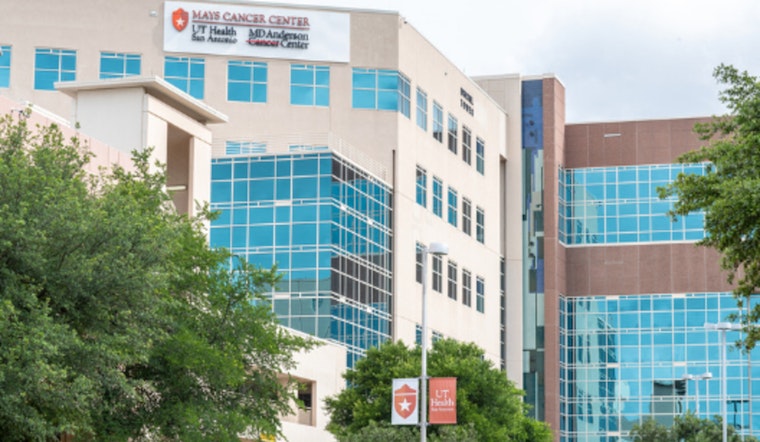
Colorectal cancer, which has been named the third most common cancer among American adults, has a fighting chance at being one of the most preventable, experts say. In a focused effort to combat this disease, UT Health San Antonio is stepping up to increase awareness around colorectal cancer risks, encourage early diagnosis, and discuss available treatments. According to a recent report by FOX San Antonio, this information campaign aims to educate the public on how critical early screening can be in the battle against this silent killer.
In an interview with FOX San Antonio, Dr. Alicia Logue from the Department of Surgery at the Mays Cancer Center, part of UT Health San Antonio MD Anderson Cancer Center, highlighted the importance of early detection. "Most people with early stage colorectal cancer do not have symptoms, which is why screening is so important,” she explained. Encouraging individuals to undergo regular screenings could make all the difference, with efforts being particularly imperative before symptoms appear, as late-diagnosis often leads to a more formidable fight against the disease.
Dr. Logue, shedding light on the variety of screening options available, asserted that individuals have multiple choices ranging from simple at-home tests to more comprehensive colonoscopies. These methods not only detect cancer but can also prevent it by finding and removing pre-cancerous polyps. The UT Health San Antonio news article underscores the importance of consultations with healthcare professionals to decide which screening test is appropriate based on personal risk factors and family history.
With regards to treatment, Dr. Logue discussed that the standard approach varies depending on the stage of colorectal cancer, from surgery to chemotherapy and radiation therapy. "The treatments for colorectal cancer continue to become more advanced and less invasive, providing new hope for patients," Dr. Logue told FOX San Antonio. Enhanced awareness and understanding of the disease are proving to be key tools in the arsenal against colorectal cancer. These steps, coupled with the advancements in treatment options, signify that while the cancer statistics are grave, the potential for successful outcomes is becoming increasingly attainable.









